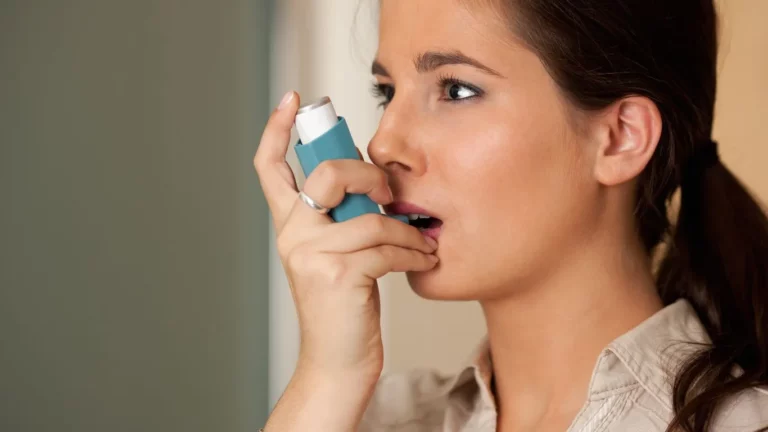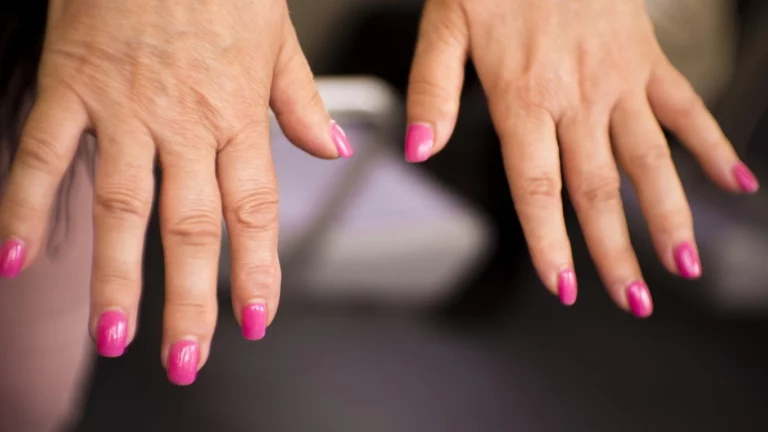How GERD Affects Dental Health – A Comprehensive Guide
Ever wondered how GERD (Gastroesophageal Reflux Disease) can mess with more than just your stomach? Turns out, it can have a pretty big impact on your dental health, too! Here’s everything you need to know.
If you’re dealing with GERD, you know it’s more than just heartburn. It’s that pesky acid making its way up your esophagus, causing discomfort and, unfortunately, some sneaky damage to your teeth and gums. Yup, acid reflux doesn’t just stop at your throat—it can seriously affect your smile. 
What Is GERD?
GERD, or gastroesophageal reflux disease, is a chronic condition where stomach acid frequently flows back into the esophagus. It can cause a burning sensation (heartburn), regurgitation, and even long-term complications like esophageal damage. But GERD’s effects don’t stop there. The acidic content can travel up to your mouth, exposing your teeth, gums, and tongue to harsh conditions that can lead to a host of oral health problems. 
How GERD Impacts Your Dental Health
Here’s the kicker: your mouth isn’t designed to handle stomach acid. Over time, the exposure can lead to:
1. Tooth Erosion
Stomach acid is super strong. When it comes into contact with your teeth, it starts eroding the enamel—the hard, protective layer that keeps your teeth safe. Once enamel is gone, it doesn’t grow back, leaving your teeth vulnerable to sensitivity, decay, and even fractures.
2. Increased Risk of Cavities
With enamel out of the picture, bacteria have an easier time sticking to your teeth, leading to cavities. Plus, GERD often causes dry mouth, which reduces saliva production. Since saliva helps wash away bacteria and neutralize acids, less of it means more cavities.
3. Gum Inflammation
Acid exposure can irritate your gums, making them red, swollen, and more prone to infections like gingivitis or periodontitis.
4. Bad Breath
Let’s be real—nobody wants bad breath. GERD can leave a sour or acidic taste in your mouth, contributing to halitosis. It’s like that lingering smell after a meal—except it’s not food causing it, but acid. 
How to Protect Your Teeth from GERD
Don’t panic—there are ways to safeguard your smile even if you’re dealing with GERD. Here’s what you can do:
1. Rinse After Reflux
After a reflux episode, swish your mouth with water or a mix of water and baking soda. This helps neutralize acid and protect your teeth.
2. Avoid Brushing Immediately
Brushing right after an acid attack can actually make things worse by spreading the acid around and wearing down your enamel faster. Wait at least 30 minutes before brushing.
3. Use Fluoride Products
Fluoride toothpaste and mouthwash can help strengthen your enamel and reduce acid damage. Consider talking to your dentist about prescription-strength fluoride if your enamel is already compromised. 
4. Stay Hydrated
Drink plenty of water to keep saliva flowing and neutralize acid naturally. If dry mouth is an issue, sugar-free gum or lozenges can help stimulate saliva production.
Conclusion
GERD doesn’t just mess with your stomach—it can have a big impact on your oral health too. Tooth erosion, cavities, gum issues, and more can all trace back to acid reflux. But don’t worry! With a few smart strategies, you can protect your smile and keep your teeth and gums healthy. It’s all about staying proactive and working with your healthcare team.
Appendices
References
For further information on GERD and dental health, consider these resources:
- American Dental Association. (2023). Understanding GERD and Its Effects on Your Teeth. Read Article
- National Institute of Health (NIH). (2024). Oral Health and GERD. Read Article
- Journal of Clinical Dentistry. (2024). GERD and Its Impact on Dental Erosion. Read Article
FAQs
Here are some frequently asked questions about GERD and dental health:
- Can GERD lead to tooth decay? Yes, the acid from GERD can erode enamel and make your teeth more susceptible to cavities and decay.
- How can I prevent enamel erosion from GERD? Rinsing your mouth with water or a baking soda solution and using fluoride toothpaste can help protect your enamel.
- Is it okay to brush my teeth right after acid reflux? It’s best to wait at least 30 minutes after a reflux episode before brushing to avoid damaging softened enamel.
- Does GERD cause bad breath? Yes, acid reflux can lead to bad breath due to the acidic content in the mouth.
- Can GERD affect my gums? GERD can irritate and inflame your gums, making them more prone to infection.
Disclaimer: The information provided in this article is for educational purposes only and does not substitute for professional dental or medical advice. Always consult with your dentist or healthcare provider regarding any concerns about GERD and its impact on your health.

Camellia Wulansari is a dedicated Medical Assistant at a local clinic and a passionate health writer at Healthusias.com. With years of hands-on experience in patient care and a deep interest in preventive medicine, she bridges the gap between clinical knowledge and accessible health information. Camellia specializes in writing about digestive health, chronic conditions like GERD and hypertension, respiratory issues, and autoimmune diseases, aiming to empower readers with practical, easy-to-understand insights. When she’s not assisting patients or writing, you’ll find her enjoying quiet mornings with coffee and a medical journal in hand—or jamming to her favorite metal band, Lamb of God.







